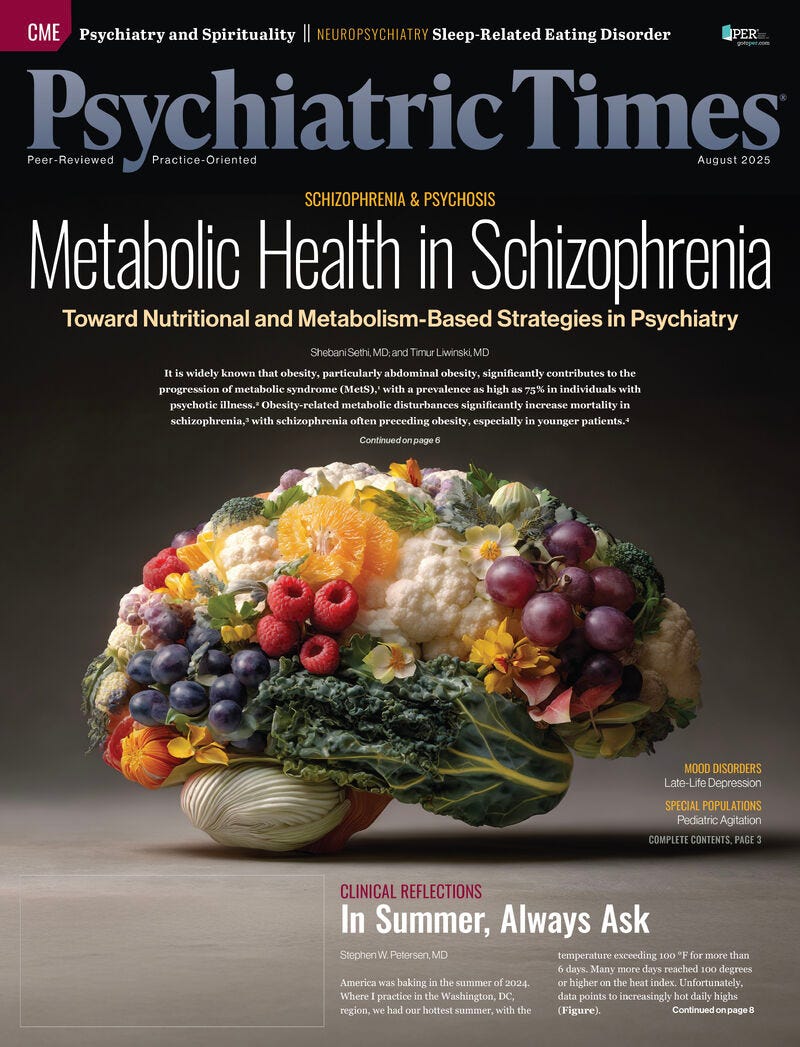Second coordination video-call: advancing brain health through one health education and optimal nutritional practices in school settings European Union-wide
Towards a Horizon Europe partnership grounded in prevention, pedagogy and systemic reform
Reading time: 2 minutes
Executive summary: the upcoming EU BEACON video-call today, Friday 8 August at 11:00 CEST, will bring together partners preparing a Horizon Europe proposal on brain health. The session will focus on clarifying institutional roles, consolidating interdisciplinary cooperation, and ensuring alignment with policy frameworks and strategic goals. This initiative places One Health education at the centre of preventive brain health, linking nutrition, pedagogy and systemic support to protect cognitive development. The proposal addresses the structural causes of neurodevelopmental disparities and contributes directly to the sustainable development goals. The video-call represents a key step in strengthening the network’s operational readiness and scientific positioning. If you wish, you are invited to join the video-call:
https://meet.google.com/ydn-veye-rbi
The upcoming coordination video-call on Friday 8 August at 11:00 CEST marks a strategic step in the formation of a Horizon Europe partnership on brain health, framed within our action network strenghtening. This initiative addresses the urgent need to intervene early in the determinants of cognitive function and mental well-being, embedding brain health promotion within educational, nutritional, and clinical systems. Grounded in the one health and embodied mind paradigms, the proposal aims to integrate metabolic psychiatry, developmental neuroscience and public pedagogy into a unified framework that strengthens lifelong health trajectories and enhances neurocognitive performance from childhood through ageing.
Nutritional interventions, microbiome modulation and lifestyle-based metabolic regulation are emerging as essential components of both early prevention and sustained recovery, shifting psychiatric care toward precision and physiological grounding. Current evidence highlights that targeting metabolic dysfunction, particularly insulin resistance, mitochondrial stress and neuroinflammation, yields measurable improvements in cognitive function, mood stability and overall mental health. By aligning preventive strategies across sectors, the partnership responds to the structural origins of neurodevelopmental inequities, linking school environments, nutritional quality, and early emotional safety to long-term brain integrity. The inclusion of metabolic markers, gut-brain axis modulation, and inflammatory profiling positions the project at the frontier of translational science, while its emphasis on education ensures accessibility, scalability and public accountability. All Member States and associated countries stand to benefit from the evidence-based tools, data infrastructure and institutional reforms that this partnership will develop and disseminate.
The video-call will serve to finalise roles, consolidate institutional commitments, and expand engagement with ministries, research bodies and frontline services. It is a moment of operational convergence, where scientific excellence and societal impact must align to secure funding and deliver tangible improvements in health equity, systemic resilience, and EU-level leadership in brain health governance.
Join the video-call on Friday 8 August at 11:00 CEST
https://meet.google.com/ydn-veye-rbi
This integrative approach is directly aligned with several United Nations Sustainable Development Goals. It supports SDG 2 on ending hunger by emphasising the role of adequate and high-quality nutrition in cognitive development. It contributes to SDG 3 on good health and well-being by promoting early metabolic regulation as a cornerstone of mental and neurological integrity. Through school-based implementation and the redesign of pedagogical environments around cognitive safety, it advances SDG 4 on quality education. By prioritising structurally marginalised populations and ensuring equitable access to preventive interventions, it addresses SDG 10 on reducing inequality. By fostering coordinated scientific, educational and institutional collaboration, it reinforces SDG 17 on partnerships for the goals. The EU BEACON One Health Education COST action serves as the operational platform to translate these principles into measurable impact, supporting member initiatives that bring together public authorities, researchers, educators and clinicians. The proposed Horizon Europe partnership builds on this foundation to establish brain health as a shared public responsibility and a strategic priority for sustainable development across the European Research Area.


Despite strong presence from academic institutions in several countries and key disciplines, our consortium falls short of health and educational government authorities, schools and patient - family organizations, all required to be successful. It is advisable to keep on setting the perfect work-teams, postponing the proposal submission to next Horizon call. I apologize for the need to make this decision, yet it is the only way to go, given the current time constraints. In any case, we keep on strengthening our network, bringing up allies from these and other backgrounds, making it easier and easier to set winning consortia to achieve all action and network goals in the mid and long term. The work doesn't stop, we keep on going. Thanks to the almost half thousand attendees to our last video-call, and everyone involved this far. Thank you all!